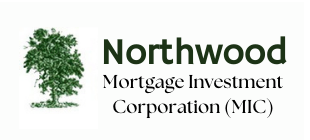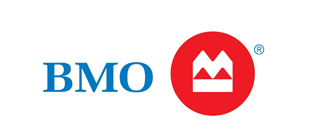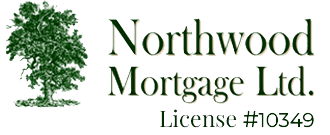This is another query at the top of the most-asked list. Just how long should I set my mortgage term for?
If keeping an eye on monthly changes in mortgage rates is too much of a hassle, then consider going for a longer term, perhaps between five and 10 years. This way the rate you sign up for remains the rate you pay for the life of the mortgage.
But if you’re looking to take swift advantage of changing mortgage rates, a shorter term may be what you’re looking for. This gives you more flexibility in landing a lower-cost mortgage, as you can switch your mortgage plan for one with a possibly lesser rate (meaning less money paid on the loan’s interest).
Still a bit confused? Here’s some more detail.
The duration of a mortgage can stretch from as short as six months to 10 years. The thing to remember is this: shorter terms have lower interest rates, while longer terms have higher ones.
For many people, choosing a mortgage term comes down to how open they are to taking on risk. In other words, those who take shorter terms are forgoing certainty about the loan’s interest rate, meaning they prefer to roll the dice that the market interest rate will fluctuate downward by the time it’s up for them to renew their mortgage or find a new one.
Other factors at play in the mortgage-length decision include whether you intend to put your new home on the market in the foreseeable future to take advantage of rising home prices (in this case, a short mortgage is preferred); and whether you expect interest rates to drive upwards or plunge downwards from their level at the time the mortgage is initially signed.
As an example here, if interest rates are at or near historic lows (as we’ve seen in the past few years) then a longer-term mortgage may be more attractive; while if those same rates are seen as being at historic highs, then the flexibility of a shorter term may be more appealing.









































